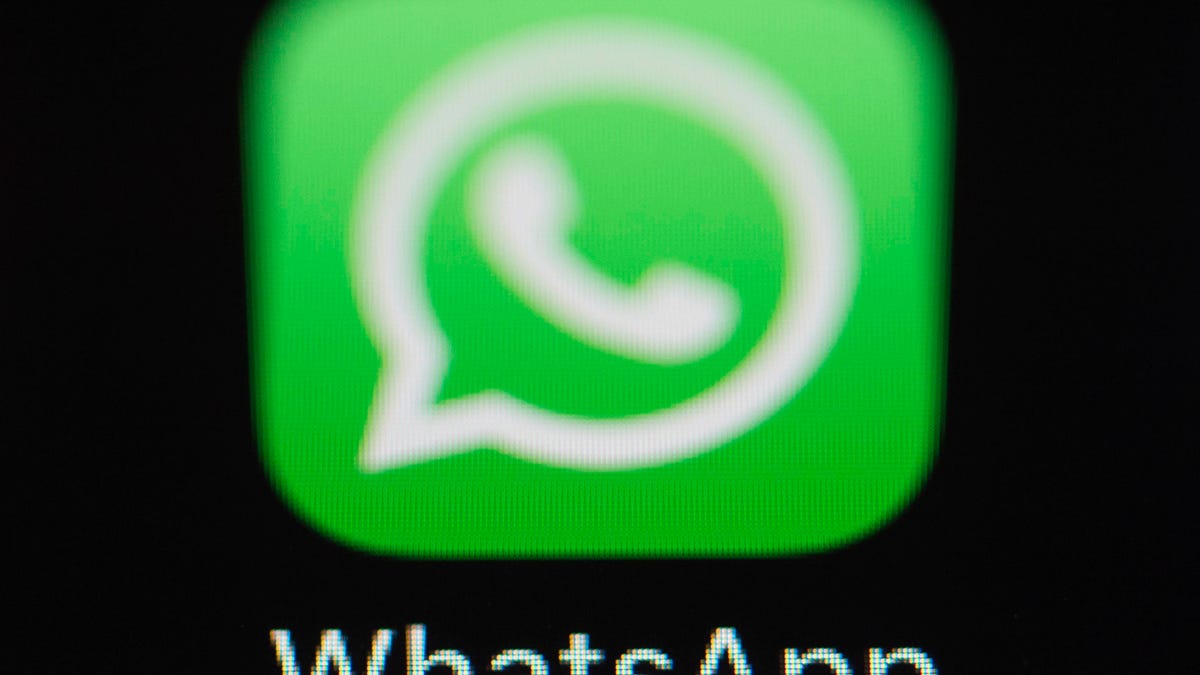WhatsApp fights mob violence in India by limiting message forwarding
More changes are coming as the messaging service tries to prevent physical assaults that have followed the spread of rumors on the app.

WhatsApp has rolled out changes that will limit the amount of message forwarding, following a spate of mob violence and lynchings in India caused by WhatsApp-spread misinformation.
"We believe that these changes -- which we'll continue to evaluate -- will help keep WhatsApp the way it was designed to be: a private messaging app," the company wrote in a Friday blog post.
More than 200 million people use the messaging service in India, making it WhatsApp's biggest market. The country forwards "more messages, photos, and videos than any other country in the world" and this year the app has faced significant challenges in stopping the spread of misinformation via the service.
On July 1, five people were reportedly lynched in Dhule, India after a rumor circulated on the app that they were child abductors. At least 12 people have been beaten as a result of similar messages.
As a result, WhatsApp introduced a new feature on July 10 that let users know when a message had been forwarded and took out full page advertisements in Indian newspapers in an ongoing effort to fight fake news.
Further tests were announced specifically for Indian users in the Friday blog post, including removing the quick forwarding button next to media messages.

